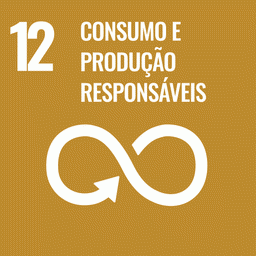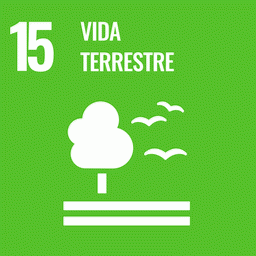Land-use change (LUC) accounted for approximately 66% of CO2 emissions in Brazil in 2020, with significant implications for carbon footprint of Brazilian agricultural products. Accurate LUC estimates associated with agriculture are critical to carbon footprint (CF) and life cycle assessment (LCA) studies and derived measures towards low-carbon supply chains. The aim of the study was to provide direct LUC (dLUC) estimates of CO2 emissions associated with a comprehensive set of agricultural products in Brazil at municipal-level and based on spatially-explicit land conversion data, appropriate for CF and LCA studies. The effect of different dLUC modeling choices on the results are also presented. The modeling followed IPCC guidelines and improved the BRLUC method. MapBiomas spatially-explicit data, municipality-level statistics, regionalized carbon stocks and a shared responsibility approach were combined to obtain dLUC emission rates for 64 crops, plus forestry and planted pastures, in the 5,570 Brazilian municipalities, as well as at state and national levels. It will be open access at www.embrapa.br. The most recent version led to an estimated 911 Mtons of CO2 associated with agriculture in 2019, 81% of that associated with planted pastures. National level dLUC emission rates for corn, pastures, soybean and sugarcane were estimated as 2.0, 4.1, 2.3 and 0.3 tCO2.ha−1.yr−1, respectively. The dLUC emissions are highly heterogeneous across the country and land uses, ranging from positive to negative. In general, they were higher in the Amazon biome, due to deforestation, and lower in Eastern Brazil, where agricultural areas are more consolidated. The resulting data is more consistent with dLUC rationale, IPCC guidelines and PAS2050 when previous land use is known and is recommended to be used, whenever data at farm level are not available. The study also shows the strong effect of different dLUC modeling choices on results and reinforces recommendations for further mitigation options.
Subsídio para a adoção de meta de redução de desmatamento no âmbito do PPCD/Acre
Subsídio preliminar para o debate no Estado do Acre sobre a adoção de metas de redução de desmatamento no âmbito do Plano de Prevenção e Controle dos Desmatamentos ora sob consulta no estado.

